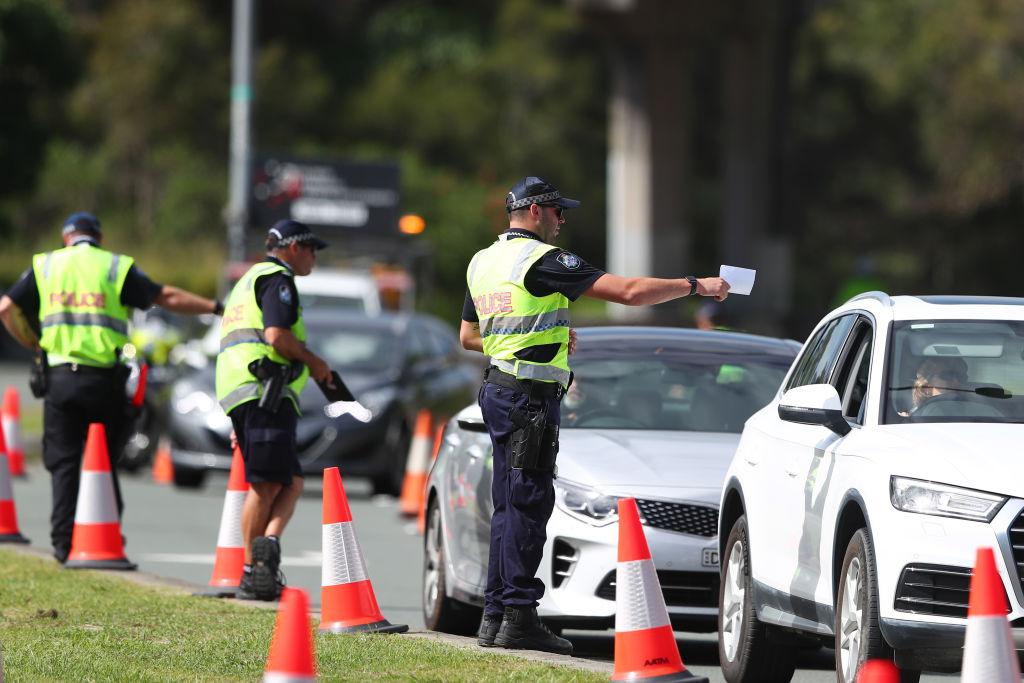
The beat
Cyber criminals target hospitals
Interpol has issued a purple notice after seeing a significant increase in ransomware attacks against hospitals and other healthcare services during the Covid-19 pandemic. The ransomware has been spread mostly via emails containing false links and attachments to fake material purporting to be government information about the virus. The agency is supporting members with advice and assistance on protecting their critical systems.
Thailand enforces Covid-19 curfew
Police and soldiers in Thailand are enforcing an indefinite nationwide curfew from 10 pm to 4 am every night to curb the spread of Covid-19. They have set up 421 checkpoints across the country. Nearly 1,300 Thais were arrested for violating the curfew on the first night alone, more than 1,000 of whom were charged and could face a $1,950 fine or imprisonment for up to two years. Other Southeast Asian countries, including the Philippines, Malaysia and Indonesia, have also imposed strict curfews as the number of confirmed Covid-19 cases continues to rise in the region.
CT scan
UK online counterterrorism course goes public
An updated version of a free online course on countering terrorism is now available to the British public. UK police first launched the 45-minute training program, called ‘ACT Awareness’, in 2018 for private-sector staff. In December 2019, it was opened up to the general public and since then more than 400,000 people have participated. The course has seven modules covering topics such as security vulnerabilities, suspicious behaviour, bomb threats and shootings.
US adds Russian white supremacists to terrorist list
The Trump administration, which has been accused of boosting white supremacist ideology, has for the first time listed a white supremacist group as a terrorist organisation. The Russian Imperialist Movement and its leaders were identified as ‘specially designated global terrorists’. They allegedly support Russian and Scandinavian neo-Nazi and white supremacist organisations. No links to American neo-Nazis have yet been confirmed and the group’s international reach is considered limited.
Checkpoint
Australian states tighten border restrictions
Barricades and checkpoints have been set up at three out of 17 entry points between Queensland and New South Wales, and all other crossings have been closed. Only Queensland residents with a border permit will be allowed to enter into the state. Western Australia has also closed its borders for the first time. Non-essential travel into the state will no longer be allowed even if the traveller is a WA resident, and non-essential travel within the state’s nine regions is also being locked down.
Travel restrictions and border closures affect billions
The Pew Research Center has found that at least 7.2 billion people, or 93% of the world’s population, are being affected by travel restrictions and partial or complete border closures as the coronavirus spreads. While it’s not clear when restrictions might be lifted, an epidemiologist from the University of Hong Kong has suggested that we should expect cycles during which restrictions are applied and relaxed until a significant level of immunity to Covid-19 can be reached. The NSW government says social distancing measures will remain in place until a vaccine can be found, though some restrictions could soon be eased.
First responder
Australian government releases coronavirus modelling
The Australian government has released the modelling that informed the decisions it took to slow the spread of Covid-19. It’s based on international rather than Australian data, as there haven’t yet been enough cases here to allow for comprehensive modelling of Australian conditions. While the rate of new infections in Australia has slowed, the fatality rate continues to rise. There’s some concern that the success so far in ‘flattening the curve’ means Australians will become complacent with social-distancing measures and undo the progress that’s been made.
Wuhan lockdown partially lifted
Wuhan, the Chinese city where Covid-19 first appeared, is beginning to lift restrictions, more than 75 days after the initial outbreak. Millions of people are leaving the city for the first time since 22 January, while more than 1,000 people with the virus are still being monitored and treated there. To avoid another outbreak, residents may only use public transport if they’re approved to do so by authorities. Each approved person is given a QR code that links to their confirmed health status via a smartphone app.